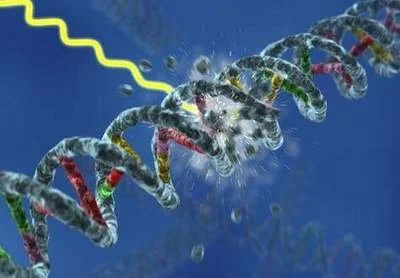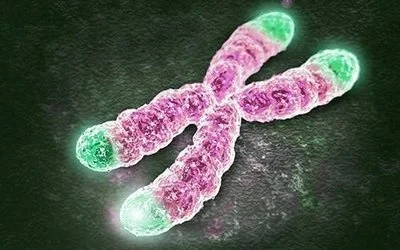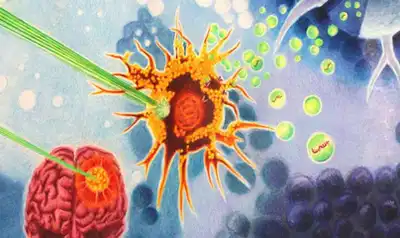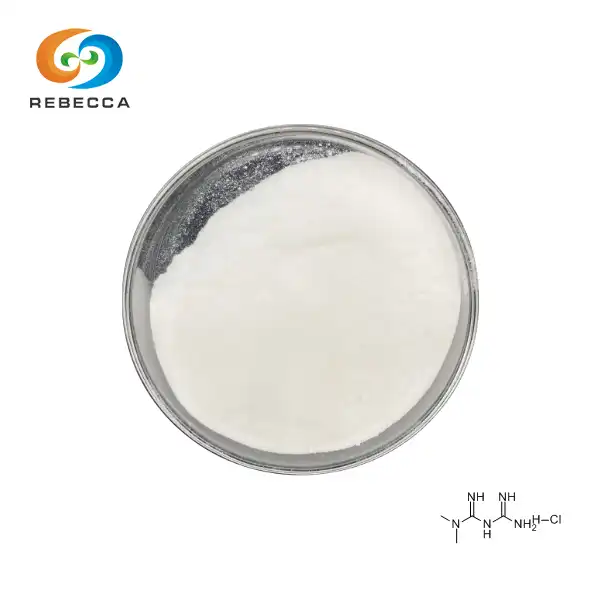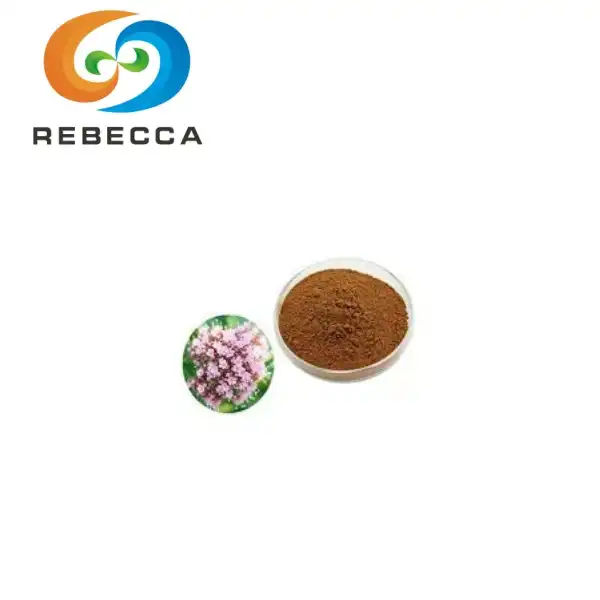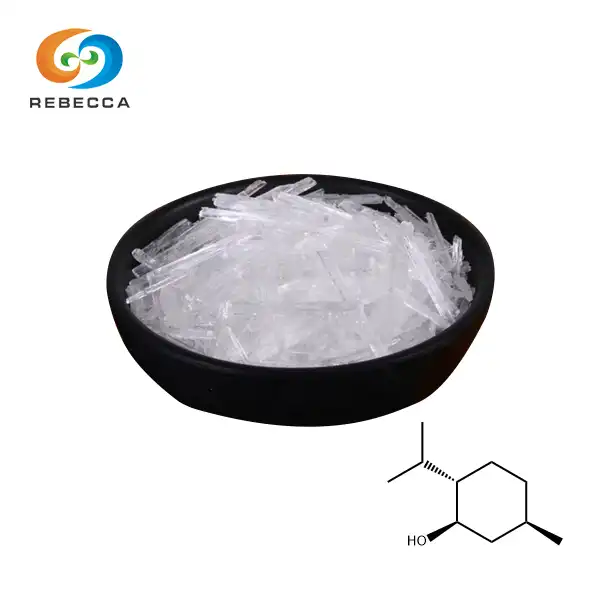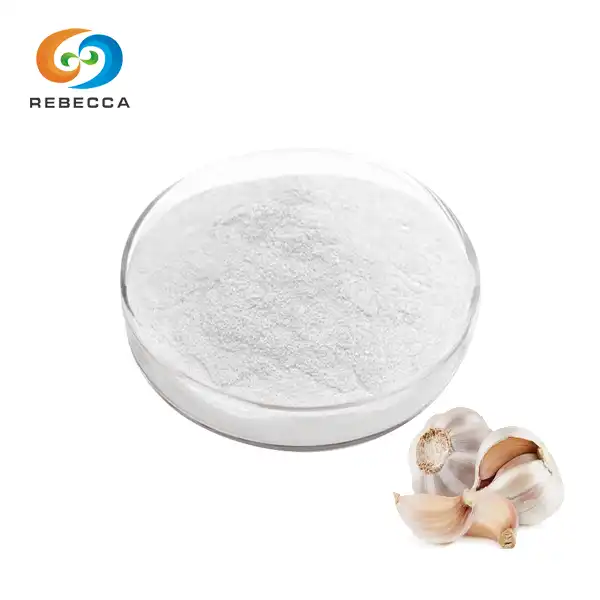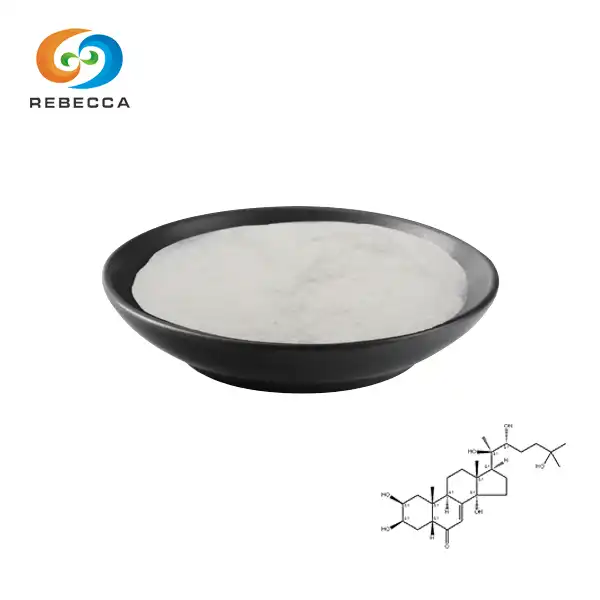Is beta nicotinamide mononucleotide anti-aging?
As we age, our bodies undergo numerous changes that can impact our overall health and well-being. The quest for maintaining youthfulness and vitality has led researchers to explore various compounds that may help slow down the aging process. One such compound that has garnered significant attention in recent years is beta nicotinamide mononucleotide (NMN). This naturally occurring molecule has shown promising results in scientific studies, particularly in relation to its potential anti-aging properties.
Beta nicotinamide mononucleotide, also known as β-NMN or β-nicotinamide ribose monophosphate, is a precursor to nicotinamide adenine dinucleotide (NAD+), a crucial coenzyme found in all living cells. NAD+ plays a vital role in numerous biological processes, including energy production, DNA repair, and cellular communication. As we age, our NAD+ levels naturally decline, which has been linked to various age-related health issues.
In this comprehensive article, we'll explore the potential anti-aging benefits of beta nicotinamide mononucleotide, its impact on cellular health, and its role in combating the effects of aging. Let's delve into the science behind this fascinating compound and discover why it's generating so much excitement in the field of longevity research.
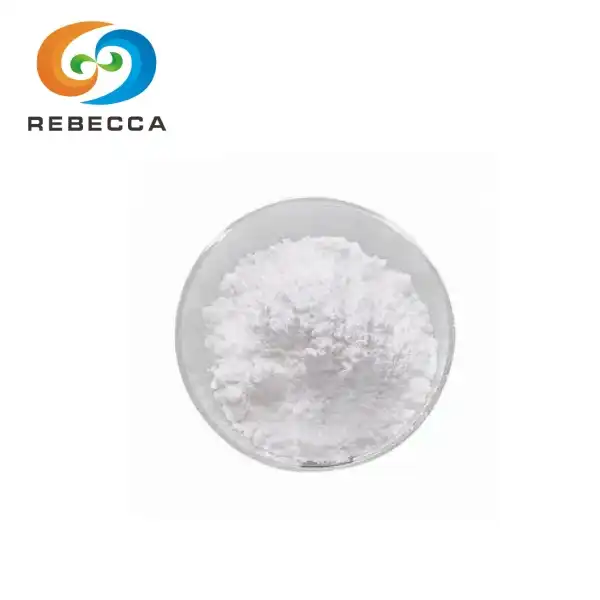
Product Name:Beta-Nicotinamide Mononucleotide (NMN)
Purity: 98%min
Cas No.1094-61-7
Similar Name:β-NMN; β-Nicotinamide ribose monophosphate
Molecular formular: C11H16N2O8P
Molecular weight: 334.22
Storage: store at 0℃~4 ℃
Solubility: soluble in water.
Benefits of Beta Nicotinamide Mononucleotide for Aging
Beta nicotinamide mononucleotide has demonstrated several potential benefits that may contribute to healthy aging. Research suggests that supplementing with NMN could help address various age-related concerns and promote overall well-being. Here are some of the key benefits associated with beta nicotinamide mononucleotide:
Enhanced Energy Production
One of the primary benefits of beta nicotinamide mononucleotide is its ability to boost energy production at the cellular level. As a precursor to NAD+, NMN helps maintain optimal levels of this crucial coenzyme, which is essential for mitochondrial function. Mitochondria are the powerhouses of our cells, responsible for generating the energy needed for various biological processes. By supporting mitochondrial health, NMN may help combat age-related fatigue and improve overall energy levels.
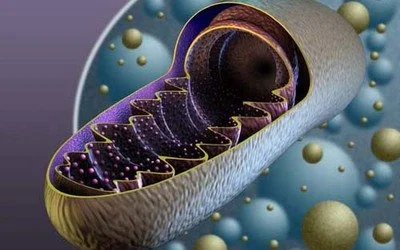
Improved Metabolic Function
Beta nicotinamide mononucleotide has shown promise in enhancing metabolic function, particularly in relation to glucose metabolism and insulin sensitivity. Studies have indicated that NMN supplementation may help improve insulin sensitivity and glucose tolerance, which are often compromised as we age. By supporting healthy metabolism, NMN could potentially reduce the risk of age-related metabolic disorders and promote better overall health.
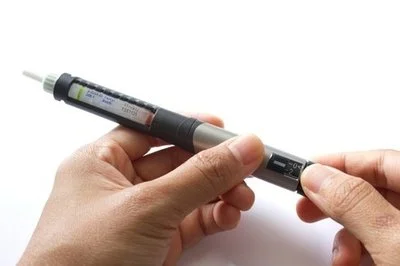
Enhanced Cognitive Function
Cognitive decline is a common concern associated with aging. Beta nicotinamide mononucleotide has demonstrated potential neuroprotective properties in preclinical studies. Research suggests that NMN supplementation may help improve cognitive function, memory, and learning abilities. By supporting brain health and neuronal function, NMN could play a role in maintaining cognitive vitality as we age.

Cardiovascular Health Support
The cardiovascular system is particularly vulnerable to age-related changes. Beta nicotinamide mononucleotide has shown promise in supporting cardiovascular health by promoting healthy blood vessel function and improving blood flow. Studies have indicated that NMN may help reduce oxidative stress and inflammation in the cardiovascular system, potentially lowering the risk of age-related cardiovascular issues.
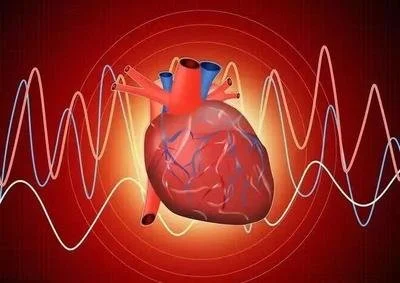
Muscle Strength and Endurance
Maintaining muscle strength and endurance becomes increasingly important as we age. Beta nicotinamide mononucleotide has demonstrated potential benefits in preserving muscle function and enhancing exercise capacity. Research suggests that NMN supplementation may help improve muscle strength, endurance, and recovery, potentially supporting a more active lifestyle in older adults.

How Beta Nicotinamide Mononucleotide Supports Cellular Health?
The anti-aging potential of beta nicotinamide mononucleotide is closely linked to its ability to support cellular health. By promoting various cellular processes and mechanisms, NMN helps maintain the overall health and function of our cells. Let's explore how beta nicotinamide mononucleotide supports cellular health:
NAD+ Biosynthesis
The primary mechanism through which beta nicotinamide mononucleotide supports cellular health is by promoting NAD+ biosynthesis. As a direct precursor to NAD+, NMN is efficiently converted into this essential coenzyme within cells. By replenishing NAD+ levels, NMN helps maintain optimal cellular function and energy production. This is particularly important as NAD+ levels naturally decline with age, contributing to various age-related cellular dysfunctions.
Sirtuin Activation
Beta nicotinamide mononucleotide plays a crucial role in activating sirtuins, a family of proteins that regulate various cellular processes. Sirtuins are often referred to as "longevity genes" due to their involvement in stress resistance, DNA repair, and cellular maintenance. By promoting NAD+ biosynthesis, NMN supports sirtuin activation, potentially contributing to enhanced cellular resilience and longevity.
Mitochondrial Function
Mitochondrial dysfunction is a hallmark of aging and is associated with numerous age-related health issues. Beta nicotinamide mononucleotide has demonstrated the ability to improve mitochondrial function by supporting NAD+ levels. This, in turn, enhances energy production, reduces oxidative stress, and promotes overall cellular health. By maintaining healthy mitochondria, NMN may help slow down the cellular aging process.
DNA Repair
DNA damage accumulates over time and is a significant contributor to cellular aging. Beta nicotinamide mononucleotide supports DNA repair mechanisms by providing the necessary NAD+ for enzymes involved in this process. By enhancing DNA repair capacity, NMN may help maintain genomic stability and reduce the risk of age-related cellular mutations.
Cellular Senescence
Cellular senescence, the process by which cells stop dividing and enter a state of permanent growth arrest, is a key factor in aging. Beta nicotinamide mononucleotide has shown potential in reducing cellular senescence by promoting NAD+-dependent pathways that support cellular health and function. By mitigating the accumulation of senescent cells, NMN may help maintain tissue health and function as we age.
Beta Nicotinamide Mononucleotide and Its Role in Anti-Aging
The potential anti-aging effects of beta nicotinamide mononucleotide have been the subject of extensive research in recent years. While more human studies are needed to fully elucidate its effects, the current body of evidence suggests that NMN may play a significant role in promoting healthy aging. Let's examine the specific ways in which beta nicotinamide mononucleotide contributes to anti-aging efforts:
Telomere Maintenance
Telomeres, the protective caps at the ends of chromosomes, naturally shorten with age. This shortening is associated with cellular aging and various age-related health issues. Beta nicotinamide mononucleotide has shown potential in supporting telomere maintenance by promoting NAD+-dependent processes involved in telomere protection. By helping to preserve telomere length, NMN may contribute to cellular longevity and overall anti-aging effects.
Inflammation Reduction
Chronic low-grade inflammation, often referred to as "inflammaging," is a significant contributor to age-related health issues. Beta nicotinamide mononucleotide has demonstrated anti-inflammatory properties in preclinical studies. By reducing inflammation at the cellular level, NMN may help mitigate the negative effects of inflammaging and promote healthier aging.
Oxidative Stress Management
Oxidative stress, caused by an imbalance between free radicals and antioxidants in the body, is a key factor in cellular aging. Beta nicotinamide mononucleotide has shown potential in enhancing the body's antioxidant defenses by supporting NAD+-dependent enzymes involved in oxidative stress management. By helping to maintain a healthy redox balance, NMN may contribute to cellular protection and longevity.
Metabolic Regulation
Metabolic dysfunction is a common feature of aging and is associated with various age-related health issues. Beta nicotinamide mononucleotide has demonstrated the ability to improve metabolic regulation by enhancing insulin sensitivity, glucose tolerance, and lipid metabolism. By promoting metabolic health, NMN may help reduce the risk of age-related metabolic disorders and support overall well-being.
Stem Cell Function
Stem cell function naturally declines with age, impacting the body's ability to repair and regenerate tissues. Beta nicotinamide mononucleotide has shown promise in supporting stem cell function by promoting NAD+-dependent pathways involved in stem cell maintenance and activation. By enhancing stem cell function, NMN may contribute to tissue repair and regeneration, potentially slowing down the aging process.
Conclusion
Beta nicotinamide mononucleotide holds significant promise as an anti-aging compound. Its ability to support NAD+ biosynthesis and promote various cellular processes makes it a valuable tool in the quest for healthy aging. While more research is needed to fully understand its effects in humans, the current evidence suggests that NMN supplementation may offer numerous benefits for those seeking to maintain their health and vitality as they age.
At Shaanxi Rebecca Bio-Tech, we are committed to providing high-quality beta nicotinamide mononucleotide powder to support your anti-aging efforts. Our NMN powder is produced using advanced techniques to ensure purity, potency, and bioavailability. If you're interested in learning more about our beta nicotinamide mononucleotide products or have any questions, please don't hesitate to contact us at information@sxrebecca.com. Together, we can explore the potential of NMN in promoting healthier, more vibrant aging.
References
1. Yoshino, J., Baur, J. A., & Imai, S. I. (2018). NAD+ intermediates: The biology and therapeutic potential of NMN and NR. Cell Metabolism, 27(3), 513-528.
2. Mills, K. F., Yoshida, S., Stein, L. R., Grozio, A., Kubota, S., Sasaki, Y., ... & Imai, S. I. (2016). Long-term administration of nicotinamide mononucleotide mitigates age-associated physiological decline in mice. Cell Metabolism, 24(6), 795-806.
3. Fang, E. F., Lautrup, S., Hou, Y., Demarest, T. G., Croteau, D. L., Mattson, M. P., & Bohr, V. A. (2017). NAD+ in aging: molecular mechanisms and translational implications. Trends in Molecular Medicine, 23(10), 899-916.
4. Rajman, L., Chwalek, K., & Sinclair, D. A. (2018). Therapeutic potential of NAD-boosting molecules: the in vivo evidence. Cell Metabolism, 27(3), 529-547.
5. Covarrubias, A. J., Perrone, R., Grozio, A., & Verdin, E. (2021). NAD+ metabolism and its roles in cellular processes during ageing. Nature Reviews Molecular Cell Biology, 22(2), 119-141.
_1730691017423.webp)




